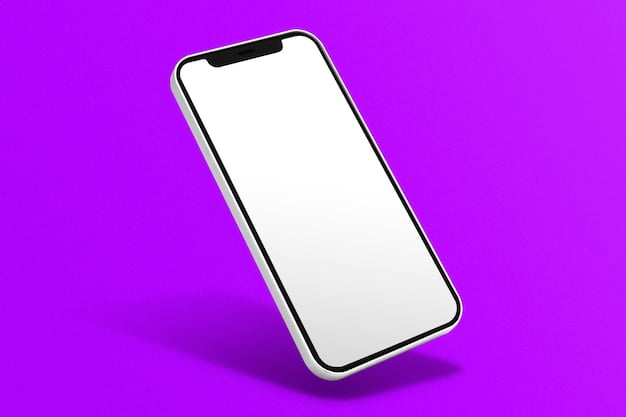
Jana Partners and CalSTRSS (California State Teachers Retirement System) might have asked Apple, the world’s most profitable mobile devices firm to check for harmful effects on kids, and even to add more parental controls. But the question here is, will any study funded by a mobile phone firm, or the idea of adding some parental controls really work anymore?
While any study will have credibility issues, anecdotal evidence on more parental controls indicates that it will simply be ignored, or worse, bypassed easily by a generation that is more comfortable with mobiles than their parents actually. On harmful mobile radiation also, the results of most studies are stuck in a criss cross of claims and contesting data, funded by the industry and beyond.
There is a mountain of experience and evidence to demonstrate that an industry with such a solid stake in the outcome cannot be trusted to come out with the truth, when it comes to such investigations. From the shameful history of the tobacco industry earlier, to the current efforts of the sugar industry. So why would the mobile Industry be any different? Especially since their use case and situation is completely different, with many genuinely positive effects of mobile ’empowerent’ out there for all to see.
So just what could work here? A key question that needs to be answered is of course, whether mobile phones do cause harmful effects on young, impressionable minds. While studies continue to be done, in recent months, there seems to have been a decided shift to declare excessive mobile phone usage as harmful psychologically and emotionally, though the appehensions of more direct physical health risks remain unproven. At least conclusively so.
We at the Mobile Indian believe the solution may not lie in more controls or worse, but in a concerted bid to change social behaviour norms. Be it norms on discouraging mobile use at important events, public spaces like cinema halls, schools and more or even encouraging ‘mobile free’ time for everyone. Unless people consciously or otherwise change their attitude to the device, however useful it might seem to them, this is not an easy problem to solve. Approached this way, mobile firms will certainly have a role to play, if the message to users goes at the time of purchase.
Source:-.themobileindian.




